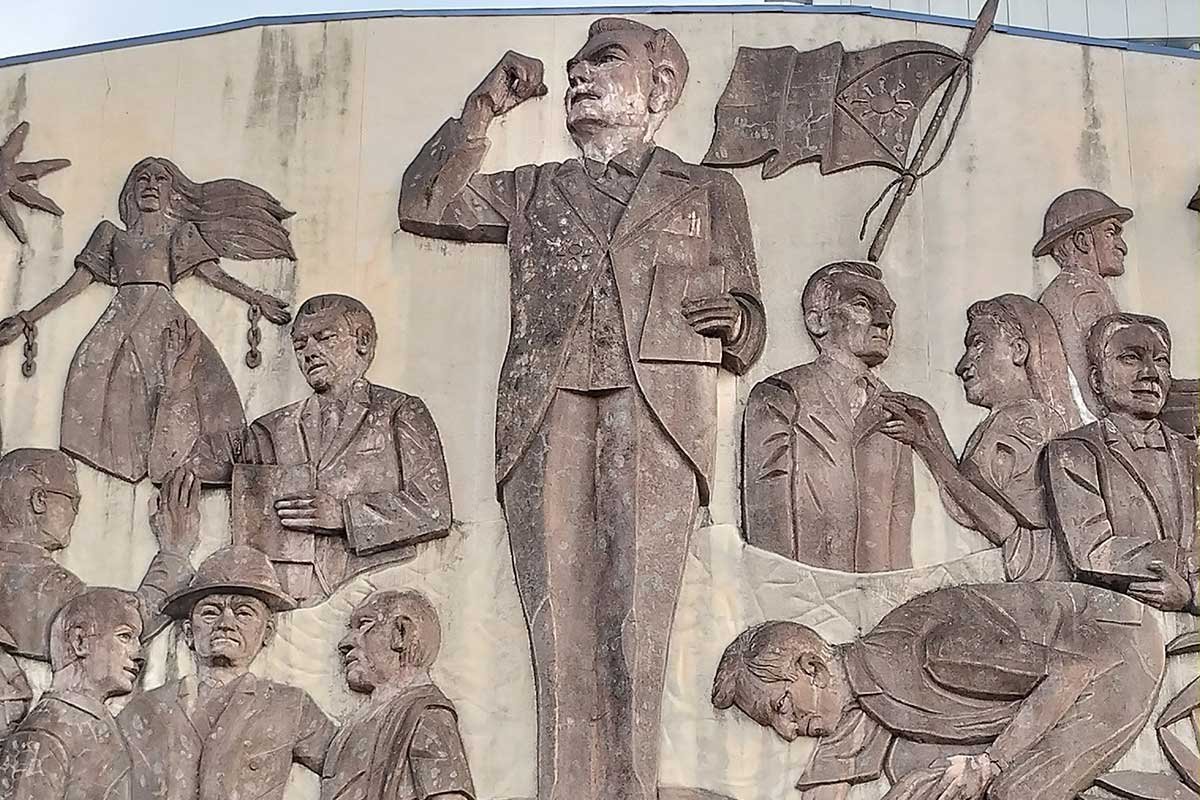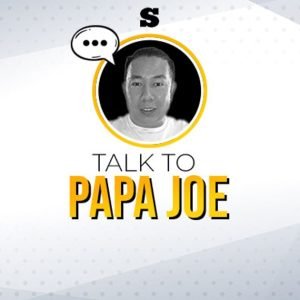
Quezon City. As Quezon Day is observed, the Quezon City-based EcoWaste Coalition recognized and thanked the Quezon City Government for its resolute efforts to curb the illicit trade of banned skin lightening products contaminated with mercury.
The group particularly commended the Quezon City Health Department (QCHD) and the Business Permit & Licensing Department (BPLD) for their hard work, which has resulted in a considerable reduction in the number of retail stores offering mercury cosmetics in the city.
Based on the group’s market monitoring conducted over the weekend, the number of beauty product shops and kiosks selling mercury-containing cosmetics such as Pakistan-made Goree Beauty Cream (which comes in three variants) and Thailand-made 88 Total White Underarm Cream decreased from 28 in November 2023 to two in August 2024. The Food and Drug Administration (FDA) had banned these products for containing mercury and/or for being sold without market authorization.
However, the group discovered five new errant stores, bringing to seven the current number of stores selling mercury cosmetics in the city, which are located at Muñoz Market, Murphy Public Market, Quirino Highway, and Sauyo Road. “This will show that the job of making QC mercury-free is far from complete.”
“We recognize and thank the QCHD and BPLD for their indispensable efforts to oblige retail outlets to abide by the citywide ban on trade in mercury-containing cosmetics,” said Aileen Lucero, National Coordinator, EcoWaste Coalition. “Their efforts did not go in vain as many stores heeded their warnings and halted the distribution and sale of FDA-banned skin lightening products.”
Non-compliant stores which the EcoWaste Coalition reported to the QCHD in 2023, particularly those operating at Ever Gotesco Mall, Fairview Central Mall, Farmers Plaza, Mega Q-Mart, Nova Plaza Mall, Susano Complex and the vicinity of Commonwealth Market, no longer sell banned mercury cosmetics at the time of monitoring in adherence with the ordinance, the group noted.
Quezon City Ordinance No. 2767, series of 2018 banned and penalized the manufacture, distribution and sale of skin whitening cosmetics with mercury in the city. The EcoWaste Coalition actively participated in the meetings called by the Committees on Health and Sanitation and Laws, providing essential information which contributed to the eventual promulgation of the ordinance.
“We appeal to the city government to strengthen the mechanism towards the effective implementation of the ordinance,” Lucero said. “A stronger enforcement mechanism will support the limited staff of the QCHD, which has the lead duty for the ordinance implementation, and also protect their regulatory officers from harassment and intimidation as they carry out their heavy responsibility.”

According to the EcoWaste Coalition, the QCHD has been in the forefront of the city government’s drive against mercury cosmetics, dispatching personnel to conduct on-the-spot store inspections and providing the group with corresponding inspection and investigation reports.
With Dr. Ramona Abarquez (Officer in Charge), Dr. Laarni Malapit (Head, Special Services Division) and pharmacist Jeannete Dacanay (Chief, Food and Drug Regulation Office) at the helm, the QCHD organized consultative and technical working group meetings in November 2023, February and May 2024 to discuss the problem with the illegal trade of mercury cosmetics and promote compliance to the ordinance. At the May 2024 meeting, the EcoWaste Coalition made a presentation about the health hazards of mercury cosmetics for sellers and exhibitors of cosmetic and food supplement products.
BPLD Chief Margarita Mejia has likewise issued show cause orders to several stores reported by the EcoWaste Coalition for selling FDA-banned cosmetics and for operating without the necessary ancillary clearances in violation of the Quezon City Revenue Code.
Quezon City’s experience in tackling mercury cosmetics should inform and motivate other local government units, the EcoWaste Coalition said, noting that over 290 beauty product shops and kiosks sell the forbidden products across the country, including 198 in the National Capital Region.
Reference:







